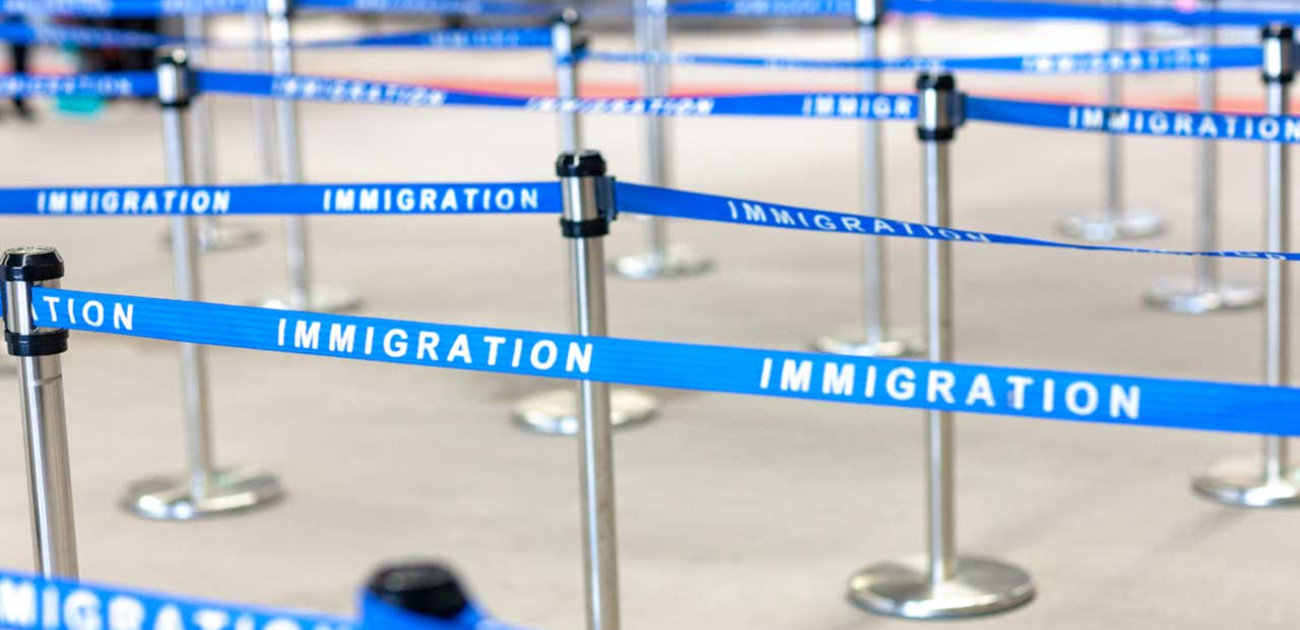Relief for Some Non-Resident Aliens Stranded in the U.S. Due to the Coronavirus Outbreak
The Internal Revenue Service recently released guidance that may help to prevent some non-resident alien individuals from becoming subject to U.S. tax on their global income because they are physically present in the U.S. for too many days due to the COVID-19 pandemic. Non-resident aliens who are “substantially present” in the U.S. for at least 183 days according to a formula during the current and preceding two tax years normally are treated as U.S. residents for income tax purposes and become taxable on their worldwide income just like citizens and green cardholders. To avoid this result, non-resident aliens need to watch their calendars to make sure that they do not spend too many days in the U.S. The pandemic has kept some non-resident aliens in the U.S. for longer than they might have planned. To help prevent the substantial presence test from applying to these people, the IRS has provided that a stay of up to 60 days in the U.S. due to emergency travel disruptions will not count towards the substantial presence test. This is welcome news to foreign visitors to the U.S. who must remain here while the virus plays out.
U.S. federal tax law provides a fairly strict division for how it taxes the income of individuals who are not citizens. Non-citizen residents are typically taxable on their worldwide income. Non-resident aliens, however, are typically taxable only on income derived from U.S. sources, such as income effectively connected with a U.S. trade or business, or investment income.
A non-citizen is treated as a resident for income tax purposes if he or she is a lawful permanent resident (i.e., a green card holder). A non-citizen also can be treated as a resident for each year in which he or she passes the “substantial presence test.” This test has two prongs. First, the individual must be present in the U.S. for at least 31 days during the calendar year. Second, the individual must be substantially present in the U.S. for at least 183 days during the current calendar year and the prior two calendar years, counting one-third of days in the preceding calendar year and one-sixth of days in the second preceding calendar year. So, in applying the second prong of the test to 2020, one would count all of the days present in 2020, one-third of the days present in 2019, and one-sixth of the days present in 2018. Certain statutory exceptions to the substantial presence test apply, including the “Medical Condition Exception.” The Medical Condition Exception provides that an alien individual is not treated as being present in the U.S. on days when the individual intended to leave the U.S. but was unable to do so because of a medical condition that arises while the individual was present in the U.S.
The sudden onset of Covid-19 makes the application of the substantial presence test very problematic for some visitors to the United States. Some visitors may be stranded here due to travel restrictions, quarantine requirements, family concerns in the U.S., or the ravages of the virus in their home countries. All the while, the clock on the substantial presence test is ticking while they wait out the virus. People who thought that they were making a short trip to the U.S. in early 2020 could find that they are here long enough to be substantially present, which will force them to report to the United States and pay tax on their worldwide income.
In a magnanimous gesture, the Internal Revenue Service recently granted some relief to non-resident aliens trapped in the U.S. due to the coronavirus. In Revenue Procedure 2020-20, the Service announced that a qualifying non-resident alien individual who cannot practically leave the U.S. due to COVID-19 is granted a free period of up to 60 consecutive days in the United States that do not count towards the substantial presence test.
Specifically, the Revenue Procedure provides that an Eligible Individual who intended to leave the United States during the individual’s COVID-19 Emergency Period but was unable to do so due to emergency travel disruptions, may exclude the individual’s COVID-19 Emergency Period (up to 60 calendar days of presence in the United States) for purposes of applying the substantial presence test. An “Eligible Individual” is an individual who was not a U.S. resident at the end of 2019, who is not a green card holder in 2020, who was present in the United States on each of the days of the individual’s COVID-19 Emergency Period and who does not become a U.S. resident in 2020 due to days of a presence outside of the COVID-19 Emergency Period. The “COVID-19 Emergency Period” is a single period of up to 60 consecutive days that are selected by an individual starting on or after February 1, 2020, and on or before April 1, 2020, during which the individual is physically present in the United States on each day. The Revenue Procedure goes on to treat the COVID-19 emergency like a medical condition for purposes of the statutory Medical Condition Exception to the substantial presence test. This becomes the temporary new COVID-19 Medical Condition Travel Exception.
The procedure for taking advantage of the COVID-19 Medical Condition Travel Exception depends upon a non-resident alien individual’s other U.S. filing requirements. A person who already must file a 2020 IRS Form 1040-NR because he or she has income from a U.S. trade or business or for other reasons must include with it Form 8843, Statement for Exempt Individuals and Individuals with a Medical Condition. Individuals who are not required to file a 2020 IRS Form 1040-NR are not required to file Form 8843 to claim the exception, “but those individuals should retain all relevant records to support their reliance on this revenue procedure and be prepared to produce these records and complete a Form 8843 if requested by the IRS.”
Although the effects of COVID-19 are tragic, Revenue Procedure 2020-20 will at least supply some relief to visitors to the U.S. who now cannot leave due to the pandemic. Individuals seeking more information about this should consult with Goulston & Storrs.
Do you want more information?
 Matthew Hillery
Matthew HilleryMatt Hillery is a trusts & estates lawyer. His practice focuses on estate and tax planning for wealthy individuals and families, trust and estate administration, the formation and operation of nonprofit charitable organizations and issues relating to charitable giving.

